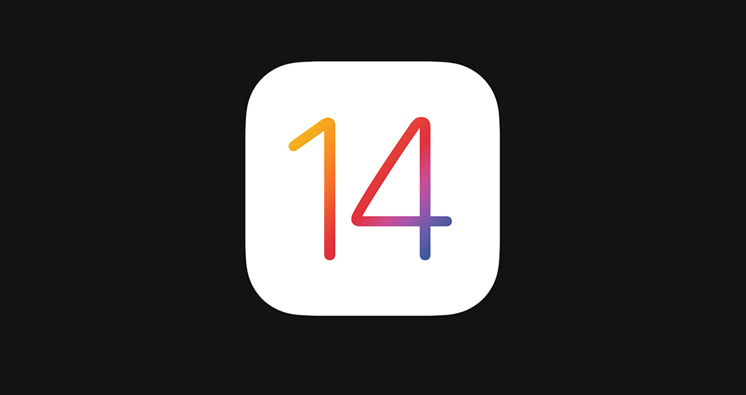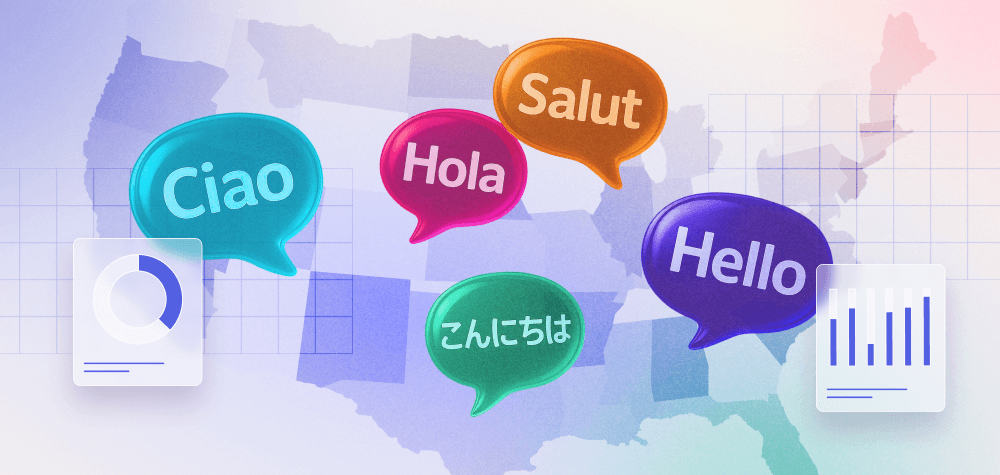In June 2020, Apple announced iOS 14, with updated, stricter settings for user privacy. In short – users will have to explicitly opt-in to mobile tracking from every single app. iOS 14 will present mobile users with a dialog box asking for permission to “track you across apps and websites owned by other companies.”
This update is having a major impact across the ecosystem, from app publishers, to attribution companies, ad networks, data providers, audience marketplaces and many more. As an industry which is becoming more and more aware of and sensitive to user privacy, we must find ways to adapt to this new policy, and map out the best way to operate within the new Apple framework.
There are several commonly asked questions and thoughts about this change:
- The IDFA is not completely gone. It’s too early to say, but what will be the ratio of users that opt-in? Most likely we will see a drop, but how big?
- Will apps be allowed to offer a mandatory opt-in or to incentivize the user opt-in?
- Will Google follow Apple’s steps in this direction, as they did in the past, when introducing the GAID as an alternative to Android ID, right after Apple introduced IDFA as an alternative to UUID?
The Start.io Approach
At Start.io, we understand and appreciate the step that Apple has taken, and we value user privacy measures. We have spent the last couple of months considering the impact on our products, talking to industry leaders, and planning our way forward to implement solutions that facilitate these changes within our data and media capabilities.
We are working on an updated version of our iOS SDK that will be aligned with iOS 14. We will provide our publishers with all necessary documentation for implementing our iOS 14-compatible SDK when it is released.
Our SDK will be fully functional with and without an opt-in. However, publishers may see differences in monetization KPIs when showing advertisements to users who do not provide opt-in consent. We are committed to supporting SKAdNetwork and we are already registered with Apple.
Data Partners
Knowing the mobile eco-system as we do, we expect fast adoption of the new OS. By the end of 2020, we predict a significant effect on iOS data availability.
While there are more questions than answers, the majority of the industry is leaning towards adopting the IDFV as an initial alternative to the IDFA, and so is Start.io. Soon, we will start collecting IDFV, and adjusting our data models and processes accordingly.
On the delivery side, we will reach out individually to each partner, to understand their specific needs and requirements. Naturally, the plan is to continue populating the user ID / MAID field with IDFA in case the user opts in. However, in case IDFA is not available, we will populate the IDFV into the user ID / MAID field. In addition, we will add a new column, to flag the ID type value.
Publishers’ Best Practice
As iOS 14 will require app publishers to explicitly ask users for permission to track them – known as ‘app-tracking authorization request’ – publishers should explicitly call the Apple system request. However, publishers can choose at what stage in the user’s app experience this will be done (in any case, without the user affirmative consent, the IDFA won’t be shared).
Apple’s system request can be edited and optimized. We recommend that our publishers insert a clear description explaining why tracking is needed. The right timing is essential to increase the opt-in rate and can be after the publisher’s own rationale dialog box.
The first message that the user sees should be the publisher rationale dialog box that includes an explanation of why consent is important for the publisher. Without a clear explanation, the user may decline. Nevertheless, with a valid explanation, publishers can prepare their users for Apple’s opt-in, which should be prompted after the native consent.
Publishers should also add all partner network IDs (SSPs as well as DSPs), which are issued by Apple, into the information property list file (info.plist). This step is highly important as the IDs of each advertising partner are required in order to display ads.
Never Stop Advancing
As always, Start.io is committed to working with the ecosystem to ensure we deliver the best solutions for our partners. Founded in 2010, and one of the first mobile platforms in the world, this is not the first time we have experienced and successfully overcome changes in our industry.
We believe that by joining forces with our industry partners, and collaborating with our vast network of 850K apps around the globe, we will find the best framework to continue growing our advertisers, publishers, and data partners.For any further information or questions, please contact us at info@Start.io



